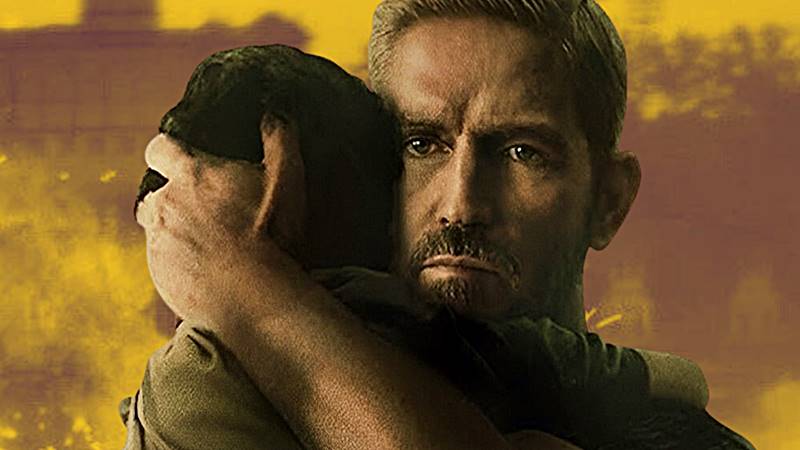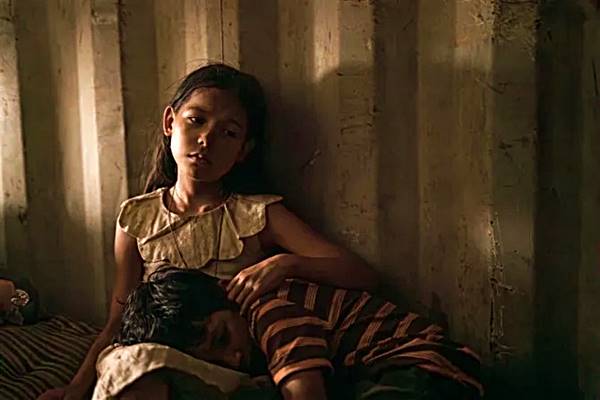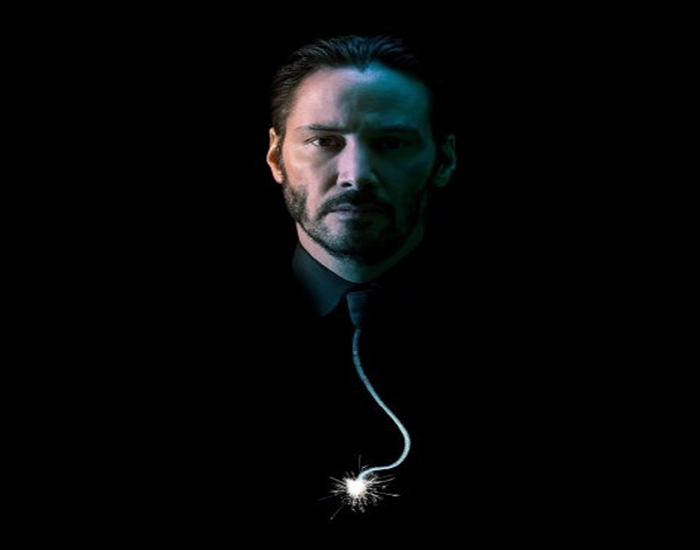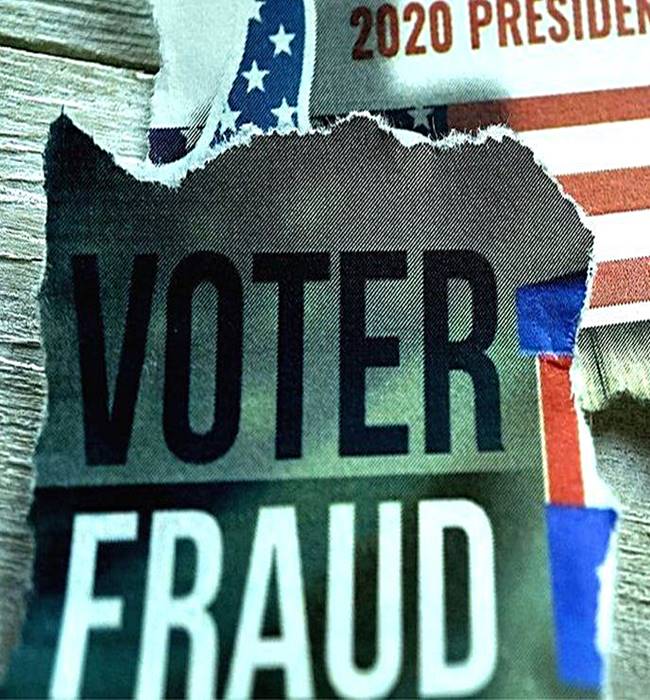Storyline
“Sound of Freedom”, based on the incredible true story, shines a light on even the darkest of places. After rescuing a young boy from ruthless child-traffickers, a federal agent learns that the boy’s sister is still a captive and decides to embark on a dangerous mission to save her. With time running out, he quits his job and journeys deep into the Colombian jungle, putting his life on the line to free her from a fate worse than death.
Review by Jack from United States
I’ve never really experienced anything like this in a movie theater. Next to me a grown man sobbed the entire way through. I heard sniffles throughout the entire theater. I had to put my popcorn on the ground because it felt inappropriate to eat popcorn while watching this movie. I even felt wrong laying down in my recliner chair, so I moved it in an upright position. This movie holds a great deal of gravity. It’s heaviness is devastating, and if you let it, it could flip your world upside down. The whole point of the film is to flip your world, because unfortunately we merely go about life as if these atrocities aren’t happening. This movie will try and wake you up to the sick reality of child trafficking. I reckon it will be successful. It’s incredibly well done, has a fantastic compelling script, for having little budget on the actor scene, I’d say it’s performances were beyond excellent. Even had some real artistically beautiful shots.
Great film with an incredibly powerful message.
See this movie. Have your friends and family see this movie. Share it with all. Movies as important as this come once in a decade.
Let it flip your world.
Let it flip the world.

Review by Gina from Cartagena, Colombia
No puedo dar mi opinión de si esta bien hecha cinematograficamente hablando, sí la fotografía o la fuerza de los diálogos o los actores fueron convincentes, sí hizo tal vez falta “más” escenas de acción para poder ser más taquillera;
eso no lo puedo decir. No puedo ser imparcial por varias razones:
- No sé de cine, no soy tan buena cinefila, me gusta el séptimo arte sí, disfruto viendo desde cine europeo, El Octavo Día -Le Huitième Jour, con de George, hasta Duro de Matar con MacClane y me reí con The Hangover I lo digo sin sonrojarme.
- Otra película donde aparece Colombia como epicentro de un negocio más turbio y denso que las drogas.
- Soy cartagenera, soy mamá.
Mi opinión no es de un experto, es de una mamá colombiana, cuyo objetivo principal es sacar a sus hijos adelante, criar hombres de bien, de palabra, íntegros. De una mujer que cree que el principio de toda sociedad es portarse bien, ayudar y servir. De una mamá que cree que a los niños se lea defiende de todo peligro, de una mamá que ve día a día como usan niños en las calles para pedir dinero, como usan niños para pedir subsidios y no trabajar, eso también es tráfico.
Es una película que debe ser difundida y tenerse siempre presente porque no es la terrible historia de Rocío, es una realidad que está pasando ahora. Las víctimas son menores que se compran y venden como ganado, es un amplio mercado cuya materia prima principalmente son niños de países tercermundistas o en vía de desarrollo, de países pobres cuyas economías están devastadas o en camino (como la nuestra) y se hace cada vez más difícil llegar a fin de mes. Pero nada justifica que se usen seres humanos productos, especialmente los que no tienen voz, los niños.
Nada justifica que sea un mercado que crezca año tras año exponecialmente y que no digamos NADA.
Ese incómodo silencio esa oscura realidad no es paralela es en la estamos y porque gracias a Dios no sean nuestros hijos, no quiere decir que no ocurra.
Me queda ¿Cómo nos organizamos para parar esta locura?.
Responderan: sin clientes no hay demanda, y sin esta se acaba el mercado.
Nuevamente ¿realmente qué debemos hacer para frenarla?.
I can’t give my opinion on whether it is well made cinematically speaking, whether the photography or the strength of the dialogue or the actors were convincing, whether it perhaps needed “more” action scenes to be able to be a higher box-office hit;
I can’t say that. I cannot be impartial for several reasons:
- I don’t know about cinema, I’m not that good of a cinephile, I like the seventh art, yes, I enjoy watching everything from European cinema, The Eighth Day -Le Huitième Jour, with George, to Die Hard with MacClane and I laughed at The Hangover I say it without blushing.
- Another film where Colombia appears as the epicenter of a business more murky and dense than drugs.
- I am from Cartagena, I am a mother.
My opinion is not that of an expert, it is that of a Colombian mother, whose main objective is to raise her children, to raise good men, of good word, of integrity. From a woman who believes that the principle of every society is to behave well, help and serve. From a mother who believes that children are protected from all danger, from a mother who sees day after day how they use children in the streets to ask for money, how they use children to ask for subsidies and not work, that is also trafficking.
It is a film that must be disseminated and always kept in mind because it is not Rocío’s terrible story, it is a reality that is happening now. The victims are minors who are bought and sold like cattle, it is a large market whose raw material is mainly children from third world or developing countries, from poor countries whose economies are devastated or on the way (like ours) and it is done every increasingly difficult to make ends meet. But nothing justifies using human products, especially those who have no voice, children.
Nothing justifies that it is a market that grows exponentially year after year and that we say NOTHING.
That uncomfortable silence, that dark reality is not parallel, it is what we are in and because thank God they are not our children, does not mean that it does not happen.
I am left with: How do we organize ourselves to stop this madness?
They will answer: without customers there is no demand, and without it the market ends.
Again, what should we really do to stop it?
Back in my day, it was nothing like this. I’d wake up, hop on my bike, and roam all over town, making sure to be home before the street lights came on. But today, the atmosphere is completely different. How did it all change? Who knows? My guess would be the internet, with its potential for connecting individuals, including those with harmful intentions like pedophiles. They’ve found ways to establish networks and communicate, altering the safety of our surroundings.


What can we do about it now? It’s essential to keep a close watch on your children. Sadly, the justice system isn’t always reliable. Many problems slip through its cracks, leaving individuals without proper resolution. Some who don’t find justice through the legal system may face consequences within the prison system from their fellow inmates. Perhaps more of that kind of accountability needs to happen in real life too.
We call it “Street Justice”
Films worth exploring.
- In 2016, The Abolitionists, a documentary produced by Gerald Molen, featured the first operations undertaken by Ballard and Operation Underground Railroad.
- Another documentary from director Nick Nanton, Operation Toussaint, was produced in 2018, which featured an operation in Haiti that had the support of Haitian President Jovenel Moïse and former U.S. congresswoman Mia Love of Utah. Deseret News movie critic Josh Terry described Operation Toussaint as “an engrossing and expert production” but also said it “feels more like a promotional film than a strictly traditional documentary.”
- The documentary Triple Take (2020) was filmed about sting operations in Colombia.










